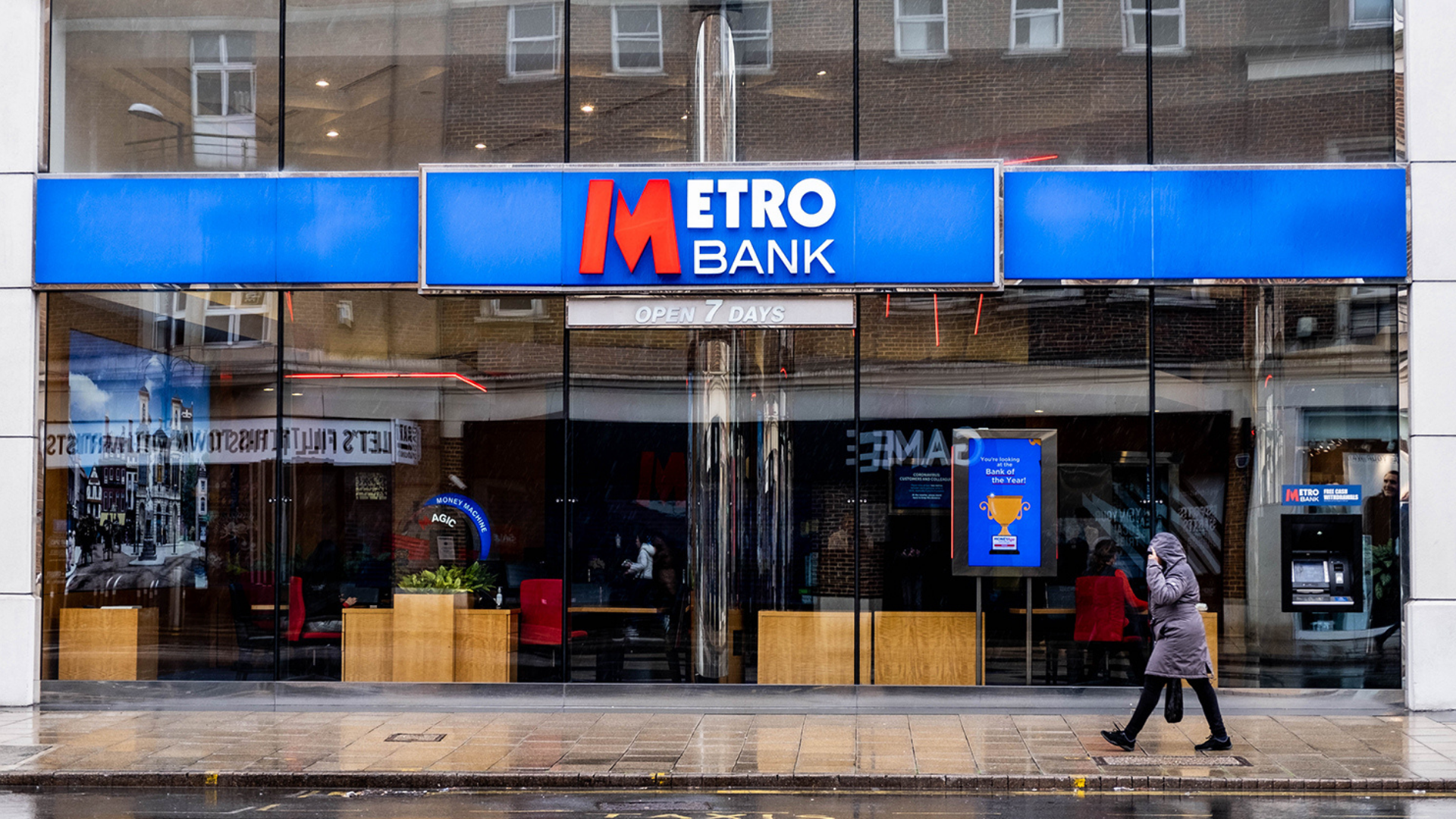Unfortunately there are fears that, without projects like North West Mutual, by 2032, there will be no high street banks left at all. Covid-19 has expedited the already fast-moving closure of branches.
“Money withdrawn locally is often spent locally,” says Gareth Shaw, of consumer group Which? “Yet widespread closures to ATMs and bank branch networks threaten people’s ability to access their only payment method in their communities.”
Earlier this year HSBC announced it was shutting 82 locations. More than 500 branches of banks including Barclays, Santander, Lloyds and Halifax, are earmarked for closure in 2021.
Covid-19 has also accelerated us towards a cashless future.
Nevertheless, on average, more than £2bn of cash is withdrawn and deposited every month at Post Offices and around eight million adults have said they would struggle day to day without cash access, according to research by The Community Access to Cash Pilots.
The initiative has just launched a series of eight “bank hubs”, the first two have opened in Rochford in Essex and Cambuslang, near Glasgow, which will offer local communities basic banking via their Post Office. The hubs also have dedicated rooms where customers can meet and chat to community bankers. Other ideas being piloted include cashback from local shops, automated deposit-taking machines for small businesses, and new ATMs.
Advertising helps fund Big Issue’s mission to end poverty
Metro Bank is one of the few high street banks bucking the trend. It has 77 “stores”, and two more are opening in Bradford and Leicester later this year, with 50 jobs created.
It believes by opening for fewer hours, banks can collect data that might imply branches are less busy, a narrative that can help bigger banks justify cutting costs by shutting sites.
In reality, during last summer footfall across Metro sites, plus counter transactions, reached more than 70 per cent of pre-Covid levels.
“We have of course seen a shift in customers using digital banking to do basic things like reading statements, but there is space for physical interaction and human contact,” says Kat Robinson, Metro Bank’s customer experience director.
“Some people want it all the time, others around points or ‘moments of truth’, perhaps they need some empathy, my mum’s just died, or I want to buy my first home.
“We also believe our stores have a really important role to play in the high street. We connect customers and colleagues into the community that we serve, we run networking events for small local businesses, we have financial education sessions. We can see a strong relationship between a physical store and people investing and spending money in the community.”
Advertising helps fund Big Issue’s mission to end poverty
Metro’s stores also play a part in teaching children about saving. Their magic money machines count pocket money deposited, and give kids a ticket to take to the counter to pay cash into their account. Robinson describes it as a bit of theatre, but it is an effective way to instil a love of counting pennies from a young age.
Behavioural economists have long shown that handling and paying with notes and coins is psychologically much more effective at helping us budget than whacking everything on plastic, or as is increasingly the case, shopping online using buy now, pay later apps like Klarna.
Could a future without cash, and the ritual of visiting a bank branch to engage with our personal finances, actually make it harder to keep track of where our money is going?
“There’s a very good reason if you go to a casino you play with chips and not cash,” says Moore, “the association is broken between the financial impact of what you’ve just done.
“A lot of work has also been done on showing that the more distance you have from the person whose finances you are making a decision about, for example, granting a loan, or a mortgage, the less affected you are by that decision. If it’s anonymous it’s easier not to care about it. If you are there, in a branch, you see what impact that decision can have, it can change how you make it.
“Sometimes you just need to sit down across the table from someone who knows and cares who you are.”
Advertising helps fund Big Issue’s mission to end poverty
Laura Whateley is The Big Issue’s Ride Out Recession Alliance correspondent.









